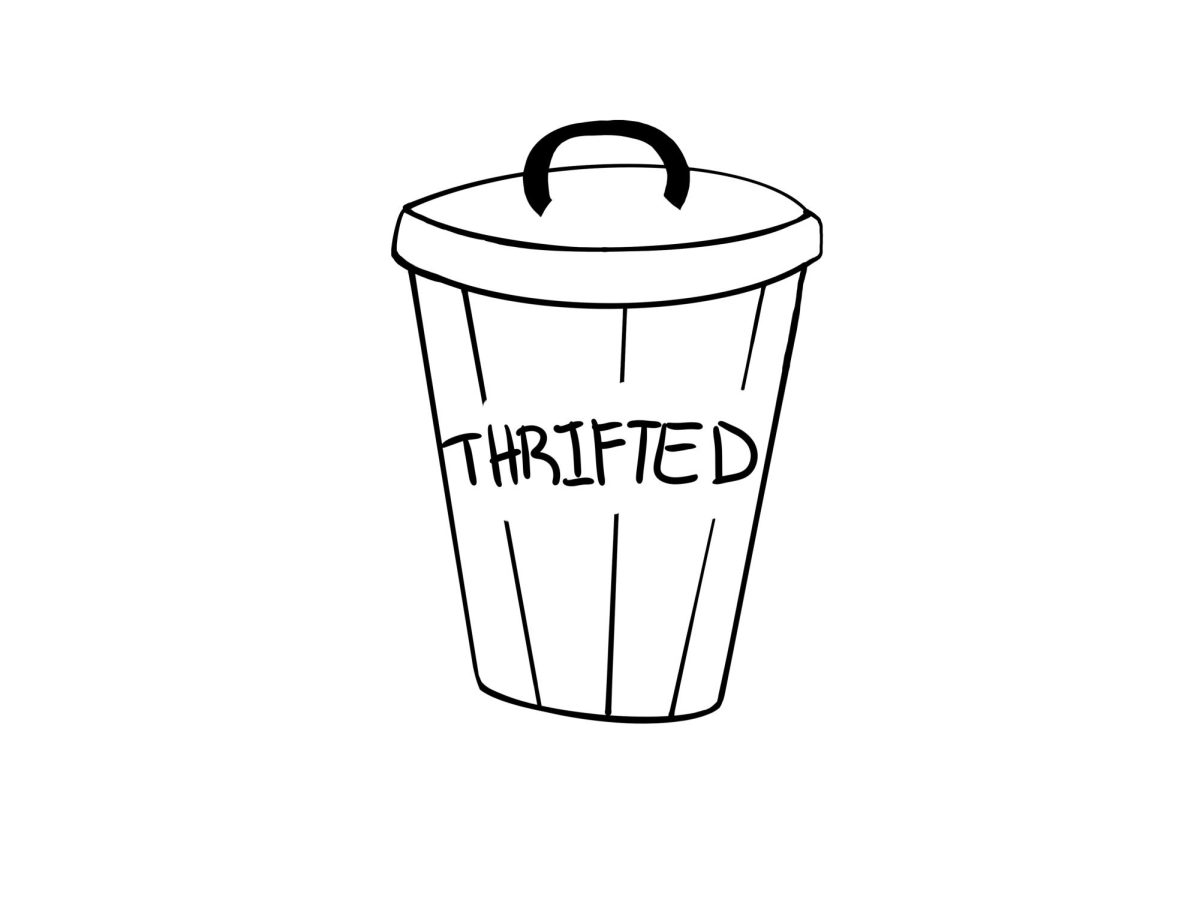
Thanks to the widespread popularity of the movie Super Size Me, we all know that eating too much fast food will lead to the “McTummy.”
But other than this, most of us simply don’t know very much about the food we eat, including the “healthy” food offered in grocery stores.
While most apples won’t give us the McTwitches, that doesn’t mean we shouldn’t think about which apples we’re eating. Super Size Me exposed the fast food industry, and it’s time we gained more information about all of the other food we’re putting into our bodies.
Although a recent Stanford study suggests that organic food brings no health benefits, a Huffington Post article criticized the study for ignoring the health consequences of high fructose corn syrup, some artificial sweeteners, and artificial growth hormones.
Whether or not we believe in the benefits of organic food, we should at least know what pesticides and artificial ingredients are coating our produce.
The perception that large food companies sway USDA guidelines takes away meaning from an organic certification.
In the absence of proper government regulation, one simple way to combat this is to shop at farmers’ markets, where one can communicate directly with a farmer to understand his or her growing practices.
In addition to the health consequences of food, the location that food was grown takes a toll on the environment.
Unlike chicken nuggets and vanilla milkshakes, which always incur huge transportation costs, fresh produce affords us the option of buying locally grown food, which doesn’t need to get flown or shipped into California. Grocery stores have made this information easily accessible by posting signs that indicate where produce was grown.
While movies like Super Size Me and Food, Inc. made it clear that fast food hamburgers weren’t made from happy cows, there is little publicly known information available about meat that is bought in grocery stores. Everybody has the right to know if tonight’s chicken lived a life of misery.
After Super Size Me rose to national prominence, many consumers reformed their eating habits – but many continued to eat fast food just as regularly as before. Even though some did not change their diets, they understood the impacts of their choices.
Regardless of what we decide to buy in grocery stores, we should at least understand the decisions we’re making, so that we are not filling our shopping carts — and ultimately, our bodies — blindly.






















